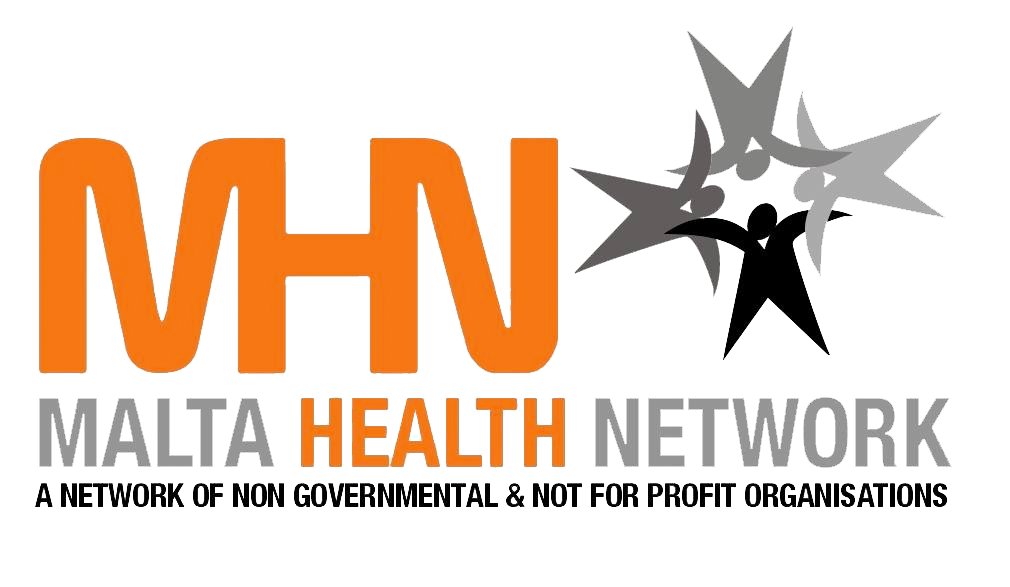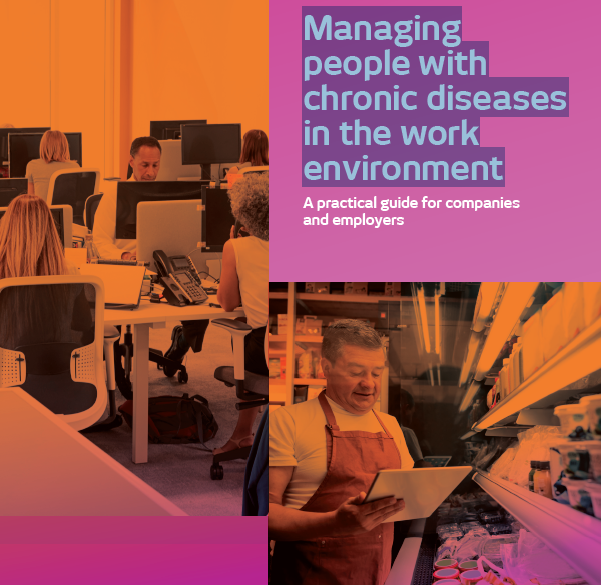The Platform for Patient Organizations (POP) and Malta Health Network (MNH) are committed to the full labor inclusion of people with chronic diseases

• The guide prepared by these two organizations is aimed at companies and users in order to inform about the impact of chronicity on employment and the needs of these patients.
• In Europe, one in three people aged 16-64 have a long-term chronic disease or health problem
• Living with a chronic disease generates an emotional impact on patients and requires adaptations in the workplace.
The Platform of Patient Organizations (POP) and the Malta Health Network (MNH), organizations that represent people with chronic disease in Spain and Malta respectively, have prepared the Guide “Managing people with chronic diseases in the work environment’ with the aim of giving visibility to the situation of people living with a chronic disease and contributing to their full labour and social inclusion.
For this, they have developed this guide aimed at companies and employers that pursue the double purpose of: on the one hand, informing companies about the impact of chronicity on employment and the needs of these workers and, on the other, guiding them on the possible adjustments to be implemented that contribute to favouring the inclusion of people with chronic disease in the workplace.
In Europe, one in three people aged 16-64 (active population) has a long-term disease or health problem. By gender, the percentage of women with disease is higher than that of men. Most people who have a lifelong disease are able and willing to work. “Even so, being able to work is one of the biggest concerns and reasons for consultation with patient associations. It is a reality that unemployment or dismissal affects more people who have a chronic illness”, affirms the president of the POP, Carina Escobar. In addition, she adds that “developing in the workplace is a way to achieve a better quality of life, since feeling active and productive has benefits for physical and mental health. Companies, employers, and workers must find the best way for the person with the disease to develop their talent for the benefit of all”.
In this sense, from MHN, the Chairperson, Gertrude Buttigieg highlights that “In times when there are difficult economic situations all over Europe, having people with Chronic conditions in the workplace is beneficial at all levels for the patients themselves as being gainfully employed, even on a part-time basis helps in their physical, mental and social life. For the employers themselves as the willingness of these patients to contribute to their place of work gives a better output for the companies and they do not have to seek to employ new people and loose the skilled and capable staff”.
More details can be found on PRESS RELEASE
View information Video 1 in English with Maltese subtitles Video 2 in English with Maltese Subtitles
Get access to the Guide entitled “Management of people with chronic diseases in the workplace”



